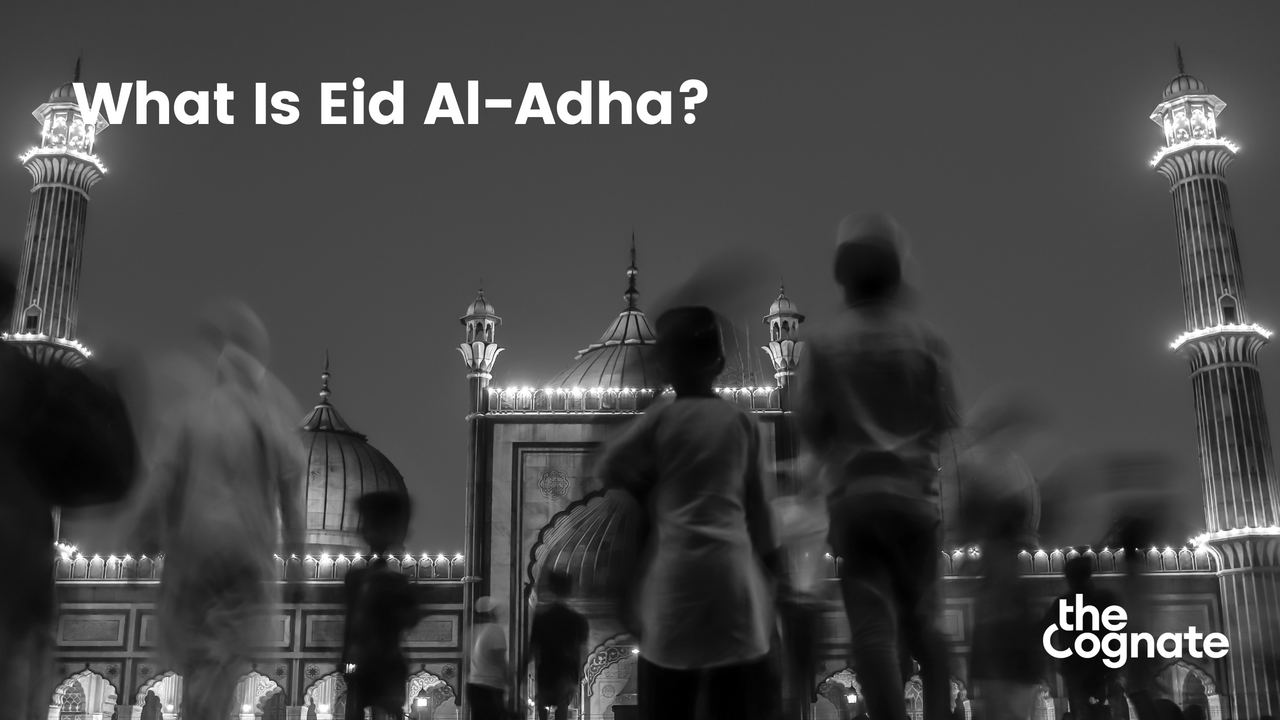Islam as a religion has only two Eids or festivals – Eid al-Fitr, and Eid al-Adha – the first celebrated at the end of Ramadan and the latter on the 10th day of Dhul Hijjah, the last month of the Islamic calendar.
Both festivals are a culmination of blessed days. However, the first ten days of Dhul Hijjah are more distinguished from even the last ten days of Ramadan. They are the blessed days where the fundamental pillars of Islam – prayer, fasting, charity, and Hajj – can be practiced which cannot be done any other time of the year.
Pilgrims performing Hajj are able to witness the standing on the Day of Arafah (the 9th day of Dhul-Hijjah). Muslims worldwide perform voluntary fasts on this day and the first ten days because of the blessings in them. The Messenger of Allah (S) was asked about fasting on the Day of Arafah. He said it expiates for the sins of the previous year and of the coming year (Muslim).
In another Hadith, the Prophet stated “Hajj is Arafah” (Narrated by al – Tirmidhi), it is the day when Allah liberates those who stood at Arafah and Muslims who did not stand at Arafah from Hellfire. Thus, the day that follows is a day of Festival for all Muslims regardless of those who attended Hajj or not.
However, one cannot spend these days without recollecting or learning about the Prophet Ibrahim (AS), the builder of the Kaaba, and the forefather of all the prophets who came after. Allah’s trials for him involved immense sacrifice on his part. Him being childless for many years finally being blessed with a son, Ismail (AS), but ordered to leave the infant and his mother in a barren desert.
Grieved but believing Allah to keep them safe, he followed His command and did as ordained. The barren land that he left them in then flourished into a city called Makkah where the well of Zamzam originated from. And the practice of Sa’ee – running between the hills of Safa and Marwah as Hajar (AS) did as she searched for water – was incorporated as a rite of Hajj.
But another incident of great significance is when the Prophet Ibrahim (AS) was asked to sacrifice his only son. The stoning of the Jamarat (stoning of the devil) also originates from here, as the Prophet Ibrahim (AS) threw small pebbles at shaitan who was trying to deter him from following Allah’s command.
It was Allah’s mercy that Ibrahim (AS) passed this trial and his son was spared, ordering a ram be offered instead. It is this practice that still continues to this day and Muslims remember Allah’s mercy and the sacrifice of the Prophet Ibrahim (AS).
Each aspect of this miraculous story is filled with lessons to learn from. In fact, the term Eid ul-Adha is dubbed the Feast of Sacrifice and is greater than the Eid ul-Fitr as it marks the completion of Hajj. Muslims who complete their Hajj correctly are absolved of sins. The greatest rites of Hajj are also performed by pilgrims on this day – stoning the Jamrat al Aqabah, offering the sacrifice, shaving the head, or cutting the hair, Tawaf (circumambulation of the Kaaba), and Sa’ee.










































